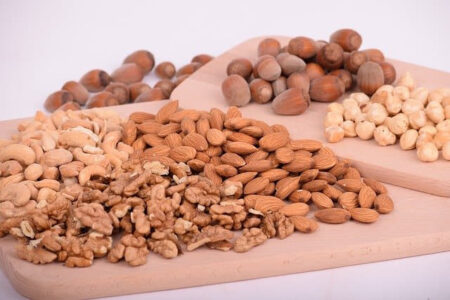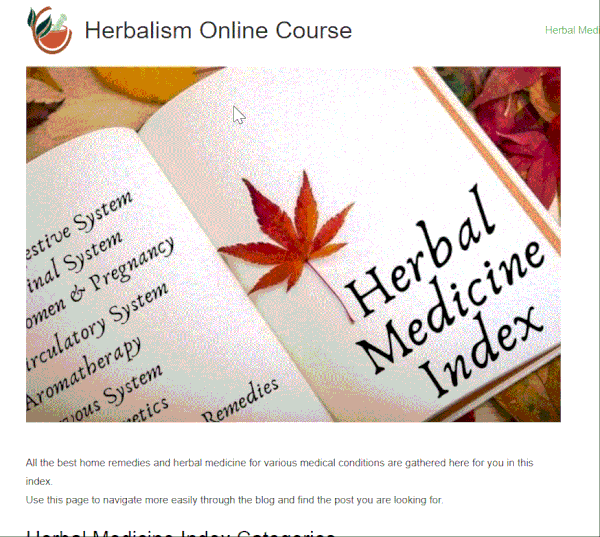Zinc is a very important mineral for our body that improves the immune system.
It is essential for healing wounds and it helps to maintain a sense of taste and smell.
Discover the benefits of zinc in this post.
What is Zinc?
Zinc is an essential mineral found in almost every cell of the body.
It encourages the activity of about 100 enzymes.
These enzymes are the proteins that allow the occurrence of all the chemical processes in the body.
Zinc improves the immune system, and it’s essential for wound healing.
It helps maintain the sense of taste and smell and is required for the production of our genetic material.
In addition, it is extremely important for normal growth and development, during pregnancy, childhood, and adolescence.
The Benefits of Zinc to the Human Body

The mineral zinc plays a vital role in the synthesis of proteins and it helps regulate the cell production of the immune system in the body.
Zinc is found mainly in the strong muscles of the body.
It is found in particularly high concentrations in the white and red blood cells, in the retina, in the skin, in the liver, in the kidneys, in the bones, and in the pancreas.
Men’s semen and prostate gland also contain significant amounts of zinc.
In the human body, there are more than 300 different enzymes that need zinc to function properly.
Researchers believe that 3,000 out of 10,000 proteins contain this essential mineral.
A healthy person has 2-3 grams of zinc in his body, at any given moment.
The body uses zinc in different metabolic processes.
It comes out of the body naturally with the urine, so it is very important to replenish the zinc pools in the body.
When having a zinc deficiency, your body will begin to suffer from various symptoms.
Most Common Symptoms of Zinc Deficiency
- Delayed growth and retardation of bone growth.
- Low blood pressure.
- Loss of appetite and the sense of smell and taste.
- Depression and fatigue.
- Hard, rough, or pale skin.
- Diarrhea and weight loss.
- Hair Loss.
- White spots under nails.
- Impairment of fetal development due to zinc deficiency in pregnant women.
- Retardation in physical and sexual development and decreased sperm production.
- Night blindness.
- Skin sores, especially in the peripheral areas of the body.
- Immune system damage and increased susceptibility to infectious diseases.
When May Zinc Deficiency Occur?

Zinc deficiency occurs when consumption is insufficient or zinc is not well absorbed from food.
It may also occur in periods when there is an increased need of the body for zinc.
The Health Benefits of Zinc
The main benefits of zinc are the regulation of the activity of the immune system.
Our body needs only very small amounts of zinc, and it is essential for the activation of T lymphocytes (T cells).
T cells help the body in two ways:
controlling and regulating the immune response, and attacking infected or cancerous cells.
Zinc deficiency can severely impair the functioning of the immune system.
According to a study published in the Journal of Clinical Nutrition, increased zinc deficiency causes sensitivity to a wide variety of pathogens.
Treatment of Diarrhea
According to the World Health Organization, zinc pills stop diarrhea.
In addition, another study confirmed that consuming zinc tablets for ten days is effective in treating diarrhea.
Moreover, it even helps prevent future appearance of the condition.
Benefits of Zinc for Learning and Memory.
A study conducted at the University of Toronto found that zinc plays a crucial role in regulating the number of neurons that communicate with each other and affect the way memories are formed and the ability to learn.
Treatment of Colds

In a study published in the journal Medicine for Lungs Enlargement, it was found that zinc tablets are effective in shortening the duration of colds, up to forty percent.
In addition, taking tablets or zinc syrup is helpful in relieving the continuation and severity of the common cold, in healthy people, when it is taken within a day of the onset of symptoms.
Benefits of Zinc for Healing Wounds
Among its benefits zinc helps protect the skin and mucous membranes.
A Swedish study has concluded that the topical application of zinc stimulates the healing of a foot ulcer by reducing inflammation and the development of bacteria.
When zinc is applied to wounds, it corrects a local zinc deficiency and completely heals the wound.
Prevention of Age-Related Macular Degeneration (AMD)
According to a study published in the journal Archives of Ophthalmology,
zinc prevents retinal cell damage and helps delay the progression of age-related degeneration and vision loss.
More Benefits of Zinc
Other benefits of zinc are acne treatment, attention deficit hyperactivity disorder (ADHD) treatment.
It is also good for the treatment of osteoporosis, psoriasis, and pneumonia.
What is the Daily Recommendation for Zinc Consumption?
The daily recommendation for zinc consumption is:
Ages 7 months to 3 years: 3 milligrams per day.
In the ages 4-8 years: 5 milligrams.
Ages 9-13 years: 8 milligrams.
Men aged 14 years and older: 11 milligrams.
Women aged 14-18 years: 9 milligrams.
Women aged 19 years and older: 8 milligrams.
Zinc Sources in Plant Foods

Zinc is found in many plant foods, especially seeds, nuts, legumes, and grains.
There is no miracle food (veg or non-veg) that can solo provide all the necessary consumption of zinc.
It is therefore important to ensure a variety of foods on the menu, the combination of which will provide the required amount of zinc, along with other necessary ingredients.
In case of deficiency, supplements can also be used, but it is important to consume only the recommended amount, or according to the dietitian’s instructions, because an excess amount (over 2 grams) is toxic.
Excess zinc also impairs the absorption of other essential minerals.
Foods Rich in Zinc
Tahini contains 1.5-3.5 mg per tablespoon of raw tahini.
A cup of buckwheat flour contains 3.74 mg.
Pumpkin seeds (white seeds) contain 7.6 mg per 100 grams.
Sunflower seeds (black) – 5 mg per 100 grams.
Pine Nut – 4.1 mg per 100 grams.
Pistachios – 2.2 mg per 100 grams.
Cashews – 5.4 mg per 100 grams.
Almonds – 3.4 mg per 100 grams.
Cooked chickpeas – 2.5 mg per glass.
Boiled lentils – 2.5 mg per glass.
Cooked Azuki beans – 4.1 mg per cup.
Tofu – 1.6-4 mg per glass.
Dark rye flour – 6.4 mg per glass.
Whole wheat flour – 3.6 mg per cup.
Boiled millet – 2.2 mg per glass.
Cooked quinoa – 1.6 mg per glass.
Cooked oatmeal (oatmeal) – 1.2 mg per glass.
Wheat germ – 0.9 mg per tablespoon.
Cooked rice 0.8-1.2 mg per glass.



